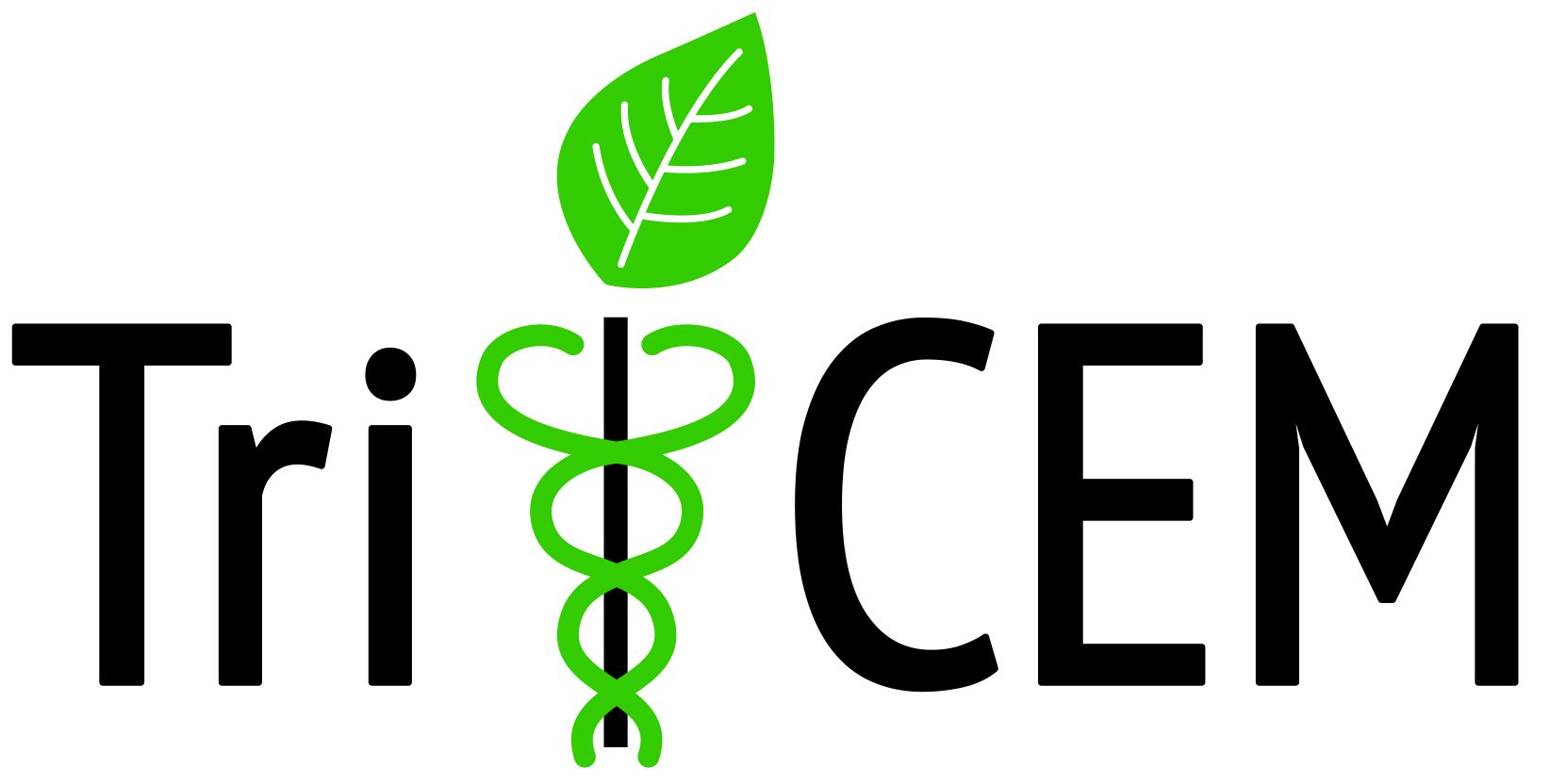PIs: Marc Ryser, Shelley Hwang, and Rick Durrett (Duke)
Seed Grant in Cancer and Evolution
Each year, over 60,000 US women are diagnosed with ductal carcinoma in situ (DCIS) of the breast. In as many as 60%-80% of these women, DCIS would never progress to invasive and harmful breast cancer during their lifetime. However, because it is difficult to predict which DCIS will eventually progress to cancer, virtually all patients undergo invasive surgery after diagnosis. In other words, each year as many as 45,000 women will undergo radical overtreatment for a lesion that would not cause any harm in their remaining lifetime. To identify these women, and offer them the option of active surveillance in lieu of radical surgery – as is common in early stage prostate cancer – we need to better understand the evolutionary process that governs the initiation and growth of DCIS. The goal of this study is to combine genomic data with mathematical modeling to improve our understanding of the clonal evolution in DCIS, and to derive risk markers that can be used in the process of clinical decision making. In particular, we hypothesize that the degree of subclone mixing in DCIS can predict the risk of progression to invasive disease, and could be used to avoid overtreatment.
Publications:
Ryser MD, Mallo D, Hall A, et al. (2020). Minimal barriers to invasion during human colorectal tumor growth. Nature Communications 11(1280).
| next >
